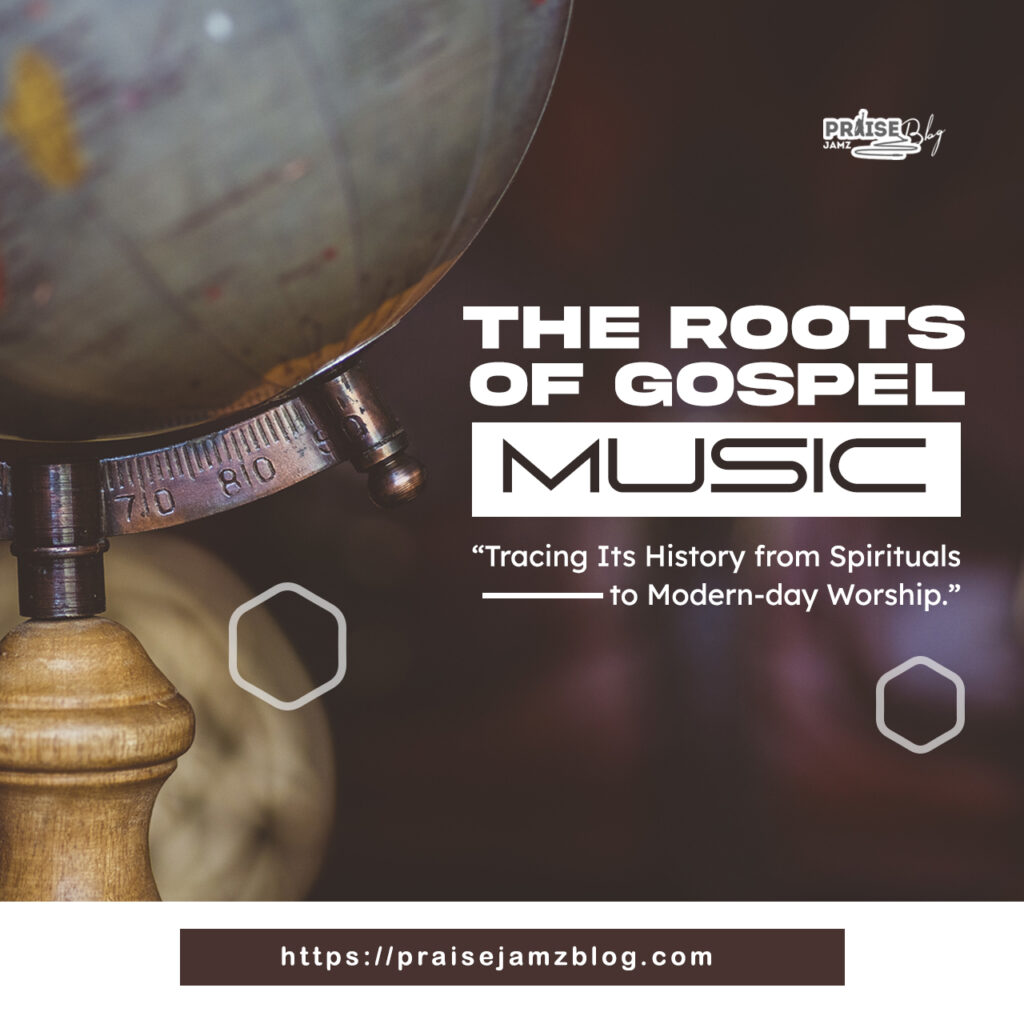
Gospel music is a genre that is both deeply rooted in history and constantly evolving. From its origins in spirituals sung by enslaved Africans in the United States to its modern-day incarnation as a vibrant form of worship, gospel music has had a profound impact on both American culture and Christianity as a whole.
The roots of gospel music can be traced back to the spirituals that were sung by enslaved Africans in the United States. These songs often contained coded messages about escape routes on the Underground Railroad or about the hope that their eventual freedom would bring. The spirituals were characterized by their call-and-response structure, with a lead singer calling out a line and a group of singers responding with a chorus.
After the Civil War, African American musicians began to incorporate elements of blues and ragtime into their music. This led to the development of gospel music as we know it today, with its emphasis on energetic rhythms and powerful vocals. In the early 20th century, gospel music began to spread beyond the African American community and gain wider popularity.
One of the key figures in the development of gospel music was Thomas A. Dorsey, who is often referred to as the “father of gospel music.” Dorsey was a prolific songwriter and pianist who blended elements of blues and jazz with religious lyrics to create a new style of music that was both deeply emotional and spiritually uplifting. His most famous composition, “Take My Hand, Precious Lord,” has become a standard in the gospel music repertoire.
As gospel music continued to evolve throughout the 20th century, it began to take on a more diverse array of styles and influences. Gospel quartets, which had been popular since the 1920s, gave way to larger groups with more complex arrangements. Gospel choirs also became increasingly common, drawing on the traditions of classical choral music while infusing it with the energy and passion of gospel.
In recent years, gospel music has taken on a new dimension as it has become increasingly integrated into contemporary worship services. Many churches now incorporate elements of gospel music into their services, bringing together traditional hymns and modern gospel songs to create a vibrant and engaging worship experience. Gospel music has also become a powerful force in the entertainment industry, with gospel artists achieving mainstream success and recognition.
Overall, the history of gospel music is a testament to the resilience and creativity of African American musicians in the face of adversity. From its humble origins in the spirituals of enslaved Africans to its modern-day incarnation as a vibrant form of worship, gospel music has had a profound impact on both American culture and Christianity as a whole. As the genre continues to evolve and adapt to new styles and influences, its roots in history remain a powerful and enduring influence on the music of today.




